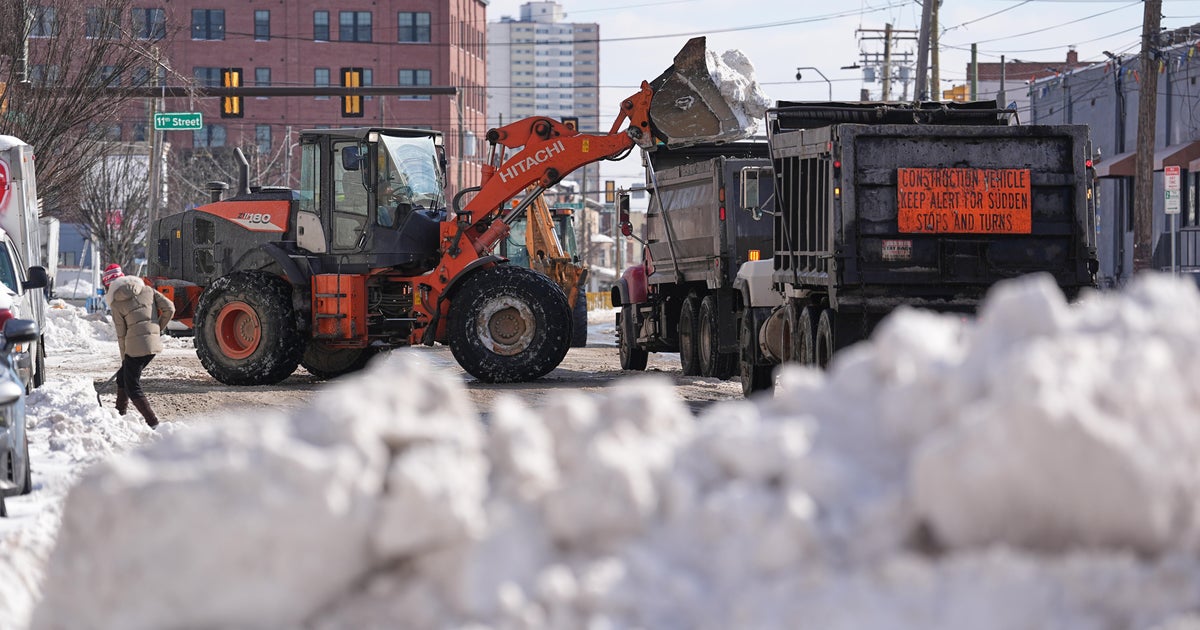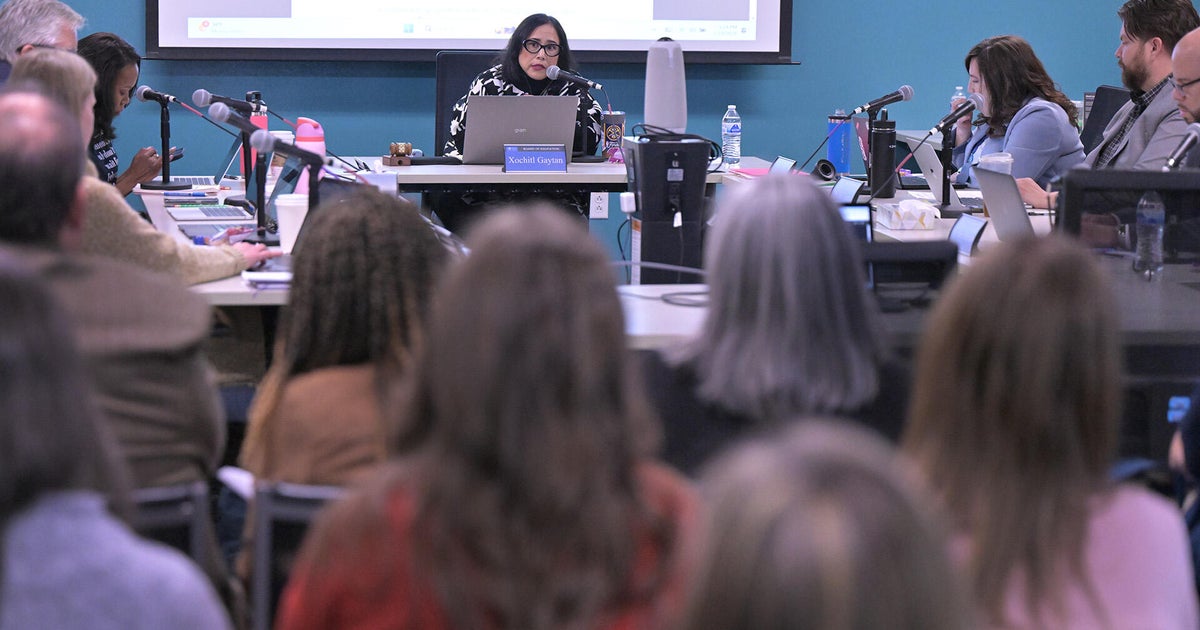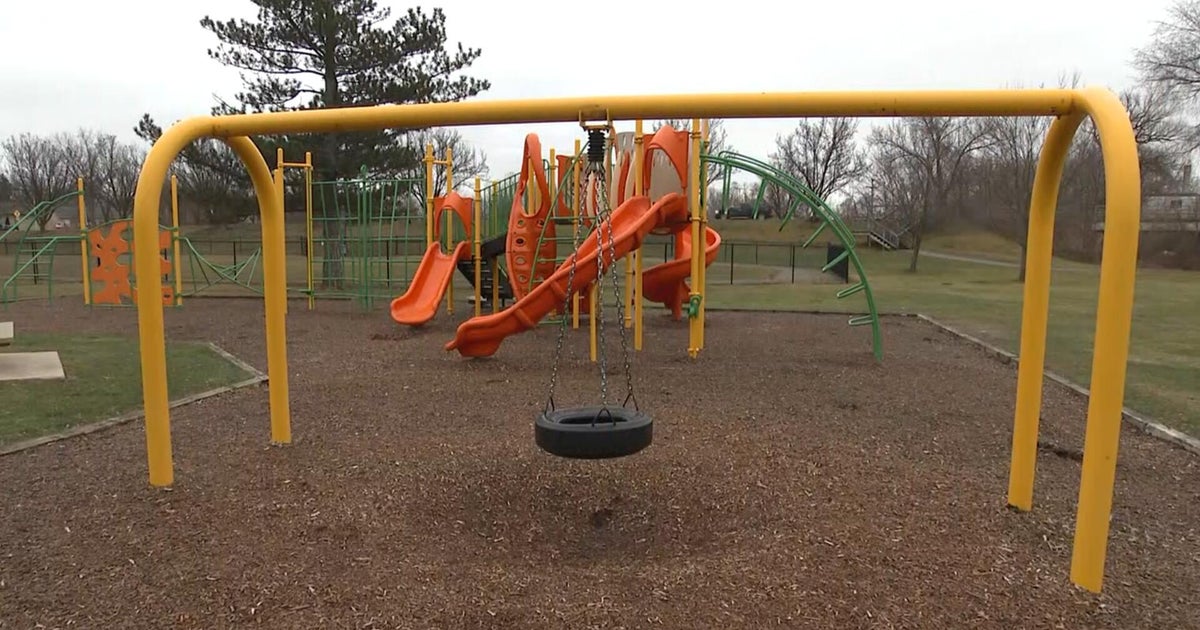San Francisco Nanny Parking Proposal Moves Ahead
SAN FRANCISCO (AP) -- The city's transportation authority agreed Tuesday to move forward with a plan to issue special street parking permits to nannies, after local parents said current parking restrictions pose a safety risk to kids.
The San Francisco Metropolitan Transportation Authority board of directors voted 4-3 to explore establishing a nine-month pilot program that would allow a household to trade one of its four allotted annual parking permits for a childcare-provider permit.
If implemented, San Francisco would be the largest U.S. city to offer a class of permits exclusively for nannies, transportation officials say. Other major cities offer extended visitor or special-use permits that can be used at the residents' discretion.
San Francisco's current residential parking program, which covers 25 percent of city streets, allows in-home health aides to obtain permits, but there is no similar exception for childcare providers.
Parents say nannies often are forced to choose between leaving children unattended in order to move their cars or racking up hefty fines — a situation that has done little to boost San Francisco's image as a family-friendly city, said Roxanne Stachon, a mother of two who has led the nanny-parking effort.
"The program as it's currently designed is unbalanced toward families with working parents," she told the board Tuesday, adding that for many families, outside childcare is an essential service, not a luxury.
Working parents also represent a huge chunk of the city's economy, earning an estimated $1.4 billion annually, said Mardi Lucich, the citywide childcare administrator for the Department of Children, Youth and Their Families, which supports the plan.
Board members said they were sympathetic with the needs of parents, but some expressed concern that reducing parking-space turnover might prove too disruptive in the country's second-most densely populated city. The SFMTA officially endorses a "transit first" policy promoting the use of public transportation.
Though it gave the proposal its tentative endorsement, the board asked staff to come back with recommendations on several aspects of the plan before making the new permits available for sale. Those recommendations include a possible increase in penalties for those who abuse the permits, as well as tighter eligibility requirements.
Under the current plan, a family could apply for a permit if at least one of the children in the household is age 12 or under; some board members said that is too old.
The board also said it would consider requiring each neighborhood within the residential parking program to vote separately on whether to issue childcare-provider permits.
"I'd like to see an amendment in which 51 percent of residents would need to agree," said board member Jerry Lee. "Each area has its own different characteristics."
(© 2011 The Associated Press. All rights reserved. This material may not be published, broadcast, rewritten or redistributed.)







